Innovative Manufacturing Techniques in Alloy Wheel Production
Modern Casting Techniques in Alloy Wheel Production
Low-Pressure Casting: Precision Engineering
Low pressure casting has become pretty important for making alloy wheels because it uses controlled pressure to create those detailed shapes and complicated forms that are hard to get otherwise. Unlike the old school high pressure die casting methods, this approach actually results in fewer flaws and better strength characteristics overall. Looking at what various studies have shown recently, there's clear data pointing to wheels made through low pressure casting having much lower porosity issues and lasting longer under stress. Industry reports indicate these castings tend to last about 15-20% longer than their counterparts, which explains why so many manufacturers now prefer this method when building high quality wheels for performance vehicles.
Gravity Casting vs. Rotary Forging
When making alloy wheels, gravity casting remains a fundamental process that depends on basic physics principles like letting molten metal flow downward and then cool into shape. What makes this method work so well is how evenly it distributes materials throughout the wheel structure while maintaining solid construction. Meanwhile, rotary forging takes things further by squeezing out air pockets and boosting material density, which actually makes the finished wheels tougher overall. Looking at real world results shows why many manufacturers prefer forged wheels they typically weigh around 15% less than cast ones but can handle twice the stress before failing. These differences mean gravity casting still has its place for budget-conscious producers, whereas rotary forging becomes essential when building high performance vehicles where every gram matters and durability cannot be compromised.
Flow Forming: Strength-to-Weight Optimization
Flow forming brings together different shaping techniques to create alloy wheels that are both strong and light at the same time. The process works especially well for making those lighter alloy wheels that car makers love these days because they help meet all sorts of performance goals and fuel economy requirements. Cars with flow formed wheels handle better on the road and generally run more economically too something most drivers notice when they take them out for a spin. What makes this method so good is how it manages to combine solid structural integrity with significantly reduced weight. That balance explains why so many modern vehicles rely on flow formed wheels as part of their overall design strategy.
Advanced Aluminum Alloy Compositions
The automotive world has seen major changes thanks to advanced aluminum alloys that boost strength without adding extra weight. These special metal mixtures typically contain magnesium, silicon, and copper which makes them stronger and better at conducting heat. Car makers like Ford and BMW have started making wheels from these materials, creating parts that are both tough and light enough to make a difference. Real-world tests show cars with these alloy wheels can save around 15% on fuel consumption while cornering feels sharper too. The whole industry is moving toward lighter materials because governments keep tightening emission rules year after year. Automakers simply cannot afford to ignore this trend if they want to stay competitive in today's market.
Magnesium and Titanium Applications
Lightweight alloy wheels are seeing a lot of interest in magnesium and titanium because of what these metals can do. Magnesium alloys give great strength without adding much weight, which is why they show up so often in sports cars and high performance models. Titanium brings something different to the table too it doesn't corrode easily and holds up really well over time. Car companies are teaming up on various projects right now to test how these materials perform under real world conditions. We're seeing more and more automakers turning to magnesium and titanium solutions across the industry. The market research tells us this trend isn't slowing down anytime soon, especially among luxury brands that want to deliver both top notch performance and that extra bit of class customers expect from premium vehicles.
Carbon Fiber Integration
Putting carbon fiber into wheel designs completely changes what traditional materials can offer. These wheels are much lighter than standard ones, plus they look great and handle better on the road. Companies like BMW and Mercedes have started rolling out carbon fiber wheels recently, and customers seem pretty happy with them overall. The auto industry is seeing a real boost in carbon fiber adoption for alloy wheels right now because people want cars that perform well without all the extra weight. Most experts believe this material will keep growing in popularity as companies find new ways to work with it, meeting consumers who care about both how things function and how they look when parked at the curb.
Energy-Efficient Production Systems
Energy saving innovations are changing how alloy wheels get made across the industry. Many factories now install updated electric motors and switch to greener production methods to cut down on wasted power. Some plants report cutting energy costs by around 30% after implementing these changes, while their carbon emissions drop significantly too. These improvements fit right into international green certification programs that recognize factories making real efforts toward sustainability. What makes this transition so appealing isn't just about going green though. Companies find they actually run better when using efficient systems, producing top quality alloy wheels without leaving such a big mark on the environment as traditional methods did.
AI-Driven Quality Control
AI is changing how quality control works in alloy wheel manufacturing right now. When manufacturers use artificial intelligence for analyzing data in real time and spotting defects, they see improvements in both how fast things get made and how good the final products are. Some factories report cutting down on errors by around 30% after implementing these smart systems according to recent reports from the sector. Putting AI into manufacturing workflows means operators can spot issues faster and fix them before they become bigger problems, which builds a solid base for what comes next in tech development. Looking ahead, as machine learning gets better at recognizing patterns in materials and production methods, we'll probably see even higher standards emerge across the board when it comes to making sure those alloy wheels meet all safety requirements without compromising performance characteristics either.
Recycling and Circular Economy Models
Recycling is becoming increasingly important in how we make alloy wheels today, as companies look at ways to recover materials and manage product lifecycles better. Many top manufacturers have started using circular economy approaches where old wheels get broken down and reused rather than ending up in landfills. Research shows that when companies recycle properly, they cut down on waste by around 40% and slash carbon emissions too. The shift toward greener manufacturing isn't just good for the planet either. Companies that embrace these practices find their products last longer overall, which makes sense given how consumers want more sustainable options right now across the auto sector.
3D Printing for Custom Designs
Additive manufacturing, better known as 3D printing, is changing how we make custom alloy wheels. The tech opens up possibilities for really complex shapes and bespoke designs that just weren't feasible before. People love this because they can get wheels with detailed patterns and looks that match their personal style something impossible with old school manufacturing techniques. Car enthusiasts and performance vehicle manufacturers are taking notice too. Unique wheel designs aren't just about looks anymore they actually improve handling characteristics in some cases. Looking at recent trends shows more automakers are starting to incorporate 3D printed parts into their production lines. This suggests that what was once considered cutting edge might soon be standard practice across the industry.
Laser Cleaning and Precision Finishing
Laser cleaning tech is changing things big time for those working on alloy wheels. The process uses intense light beams to blast away dirt and grime while giving surfaces a much smoother finish than traditional methods. What makes this approach so appealing? For starters, it actually improves the overall quality of wheels produced. Plus, many shops find they spend less money over time compared to older techniques. Real world examples show car part makers who switched to lasers saw their defect rates drop dramatically without spending extra cash on equipment upgrades. As research continues, we should see faster machines capable of creating ultra fine details at incredible speeds. This means manufacturers will probably produce higher quality wheels faster than ever before, which is good news for everyone involved in the industry.
Sensor-Embedded Smart Wheels
Putting sensors inside alloy wheels is opening up new possibilities for what we call smart wheels today. These wheels with built-in sensors collect important information about things like tire pressure levels, how hot the tires get during driving, and even general wear and tear on the wheel itself. All this helps mechanics spot problems earlier and keeps cars safer overall. Take tire pressure warnings as an example many drivers have missed until now. With smart wheels, dashboard alerts pop up when something goes wrong so fixes happen before major damage occurs. The auto sector sees big changes coming as sensor tech gets better every year. Car designers are already thinking about how to incorporate these features into next generation models not just for better handling but also for making the whole driving experience more connected and responsive. Manufacturers who want to stay competitive need to start looking seriously at integrating these kinds of technologies sooner rather than later.
Recommended Products
 Hot News
Hot News
-
Forged Carbon Products
2024-05-21
-
Forged Off-Road Accessories
2024-05-21
-
GVICHN Introduces Revolutionary Forged Two-Piece Product
2024-05-21
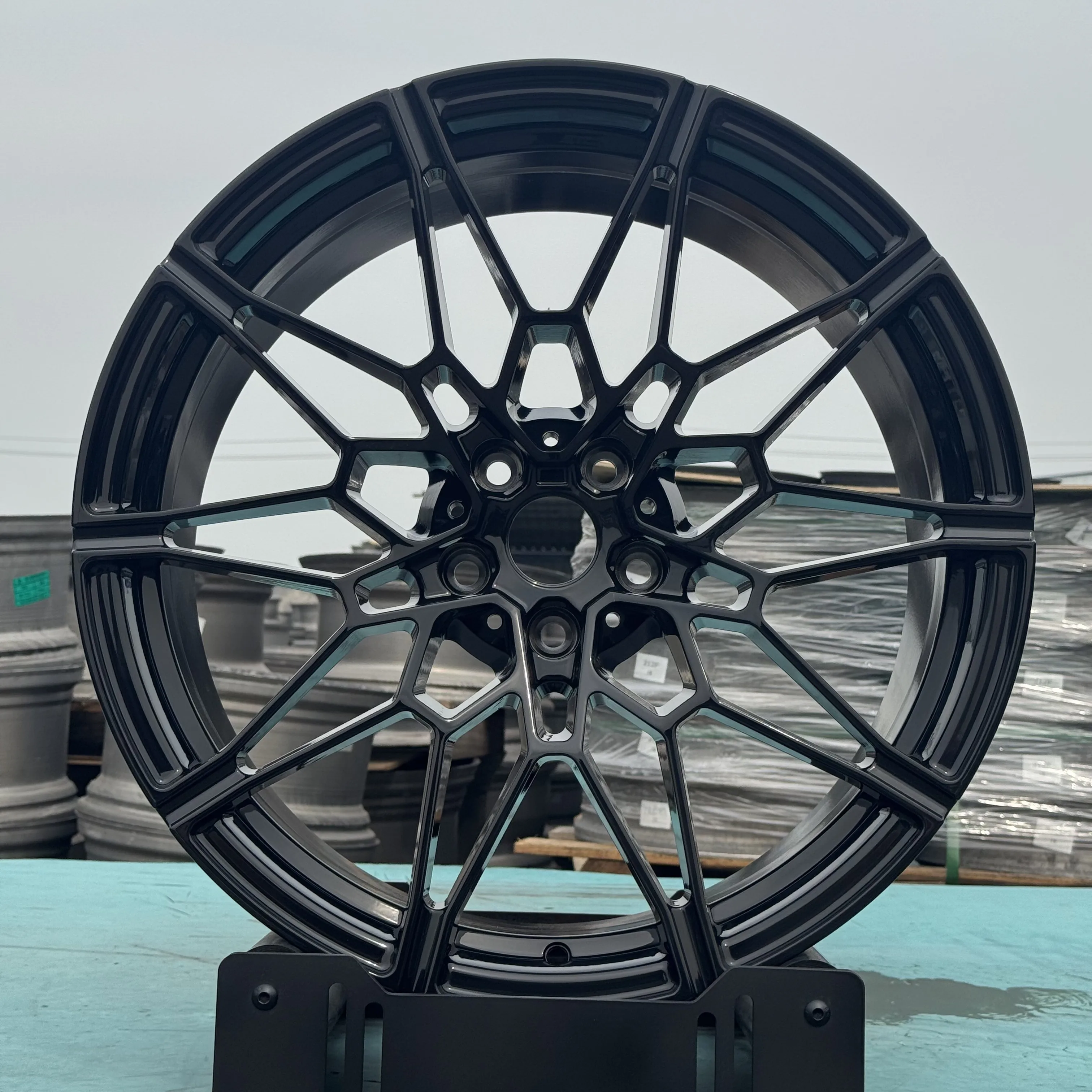

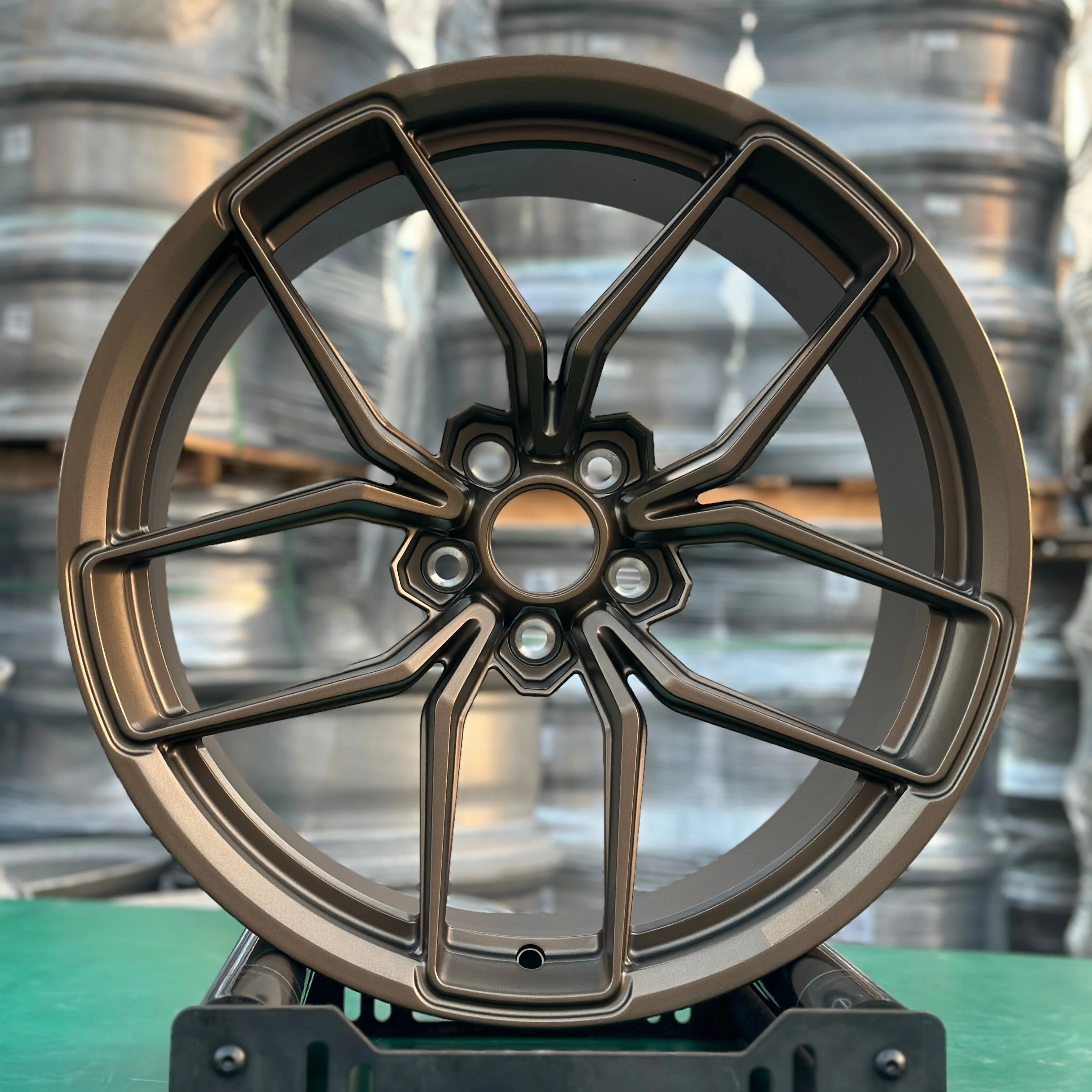
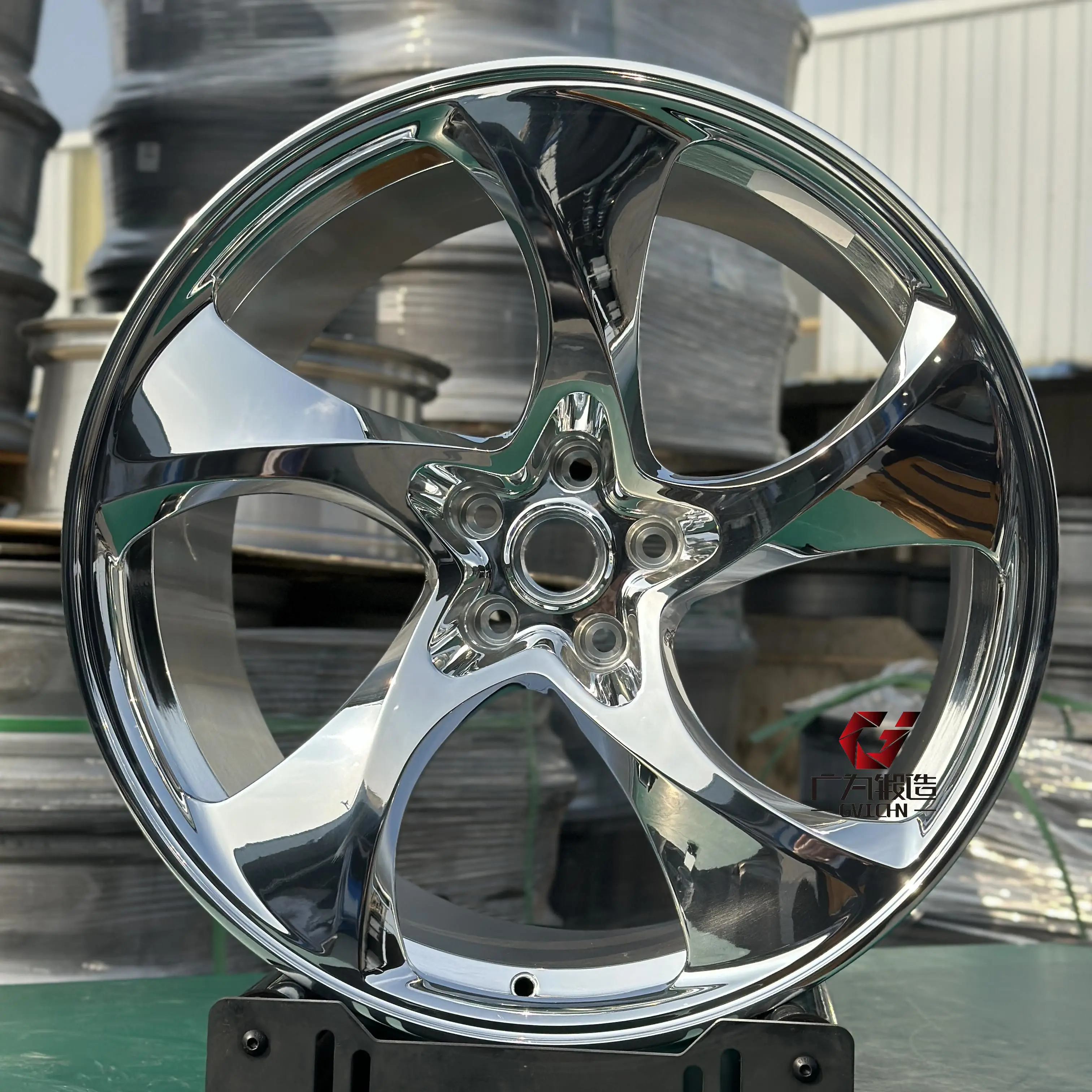
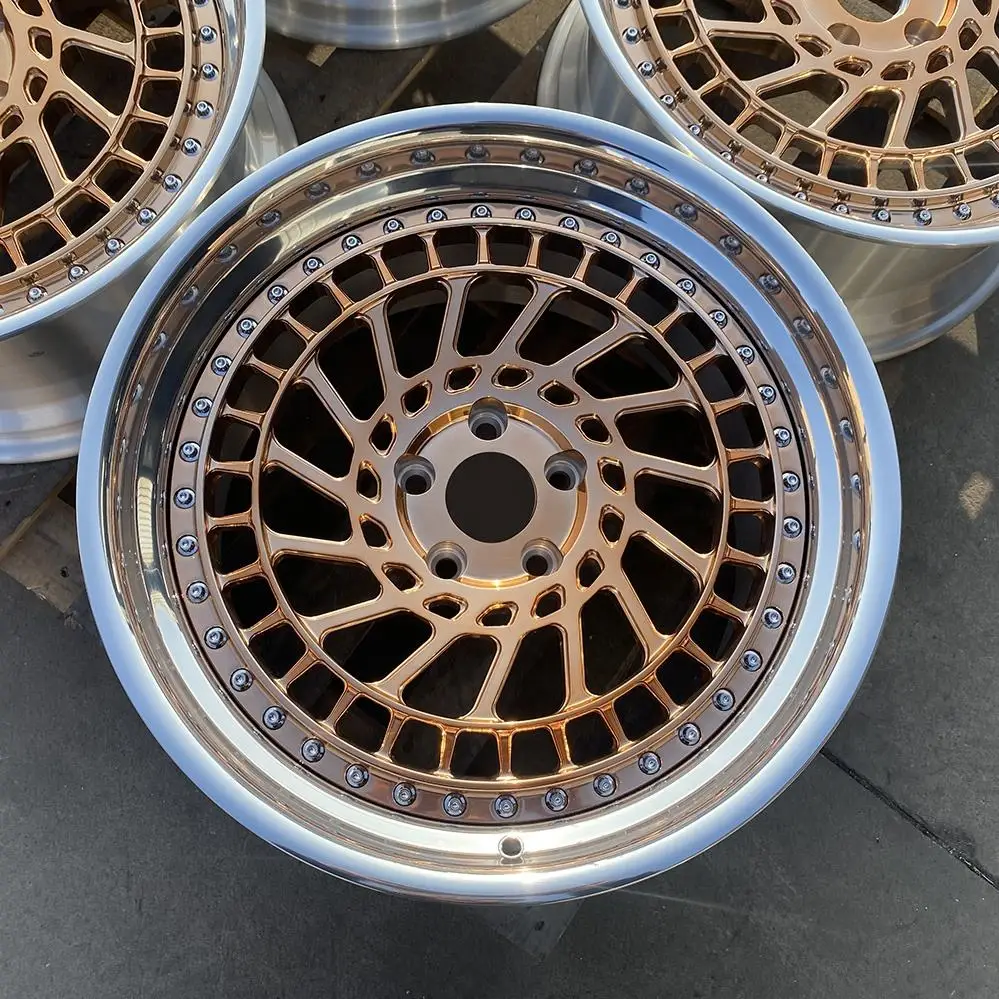
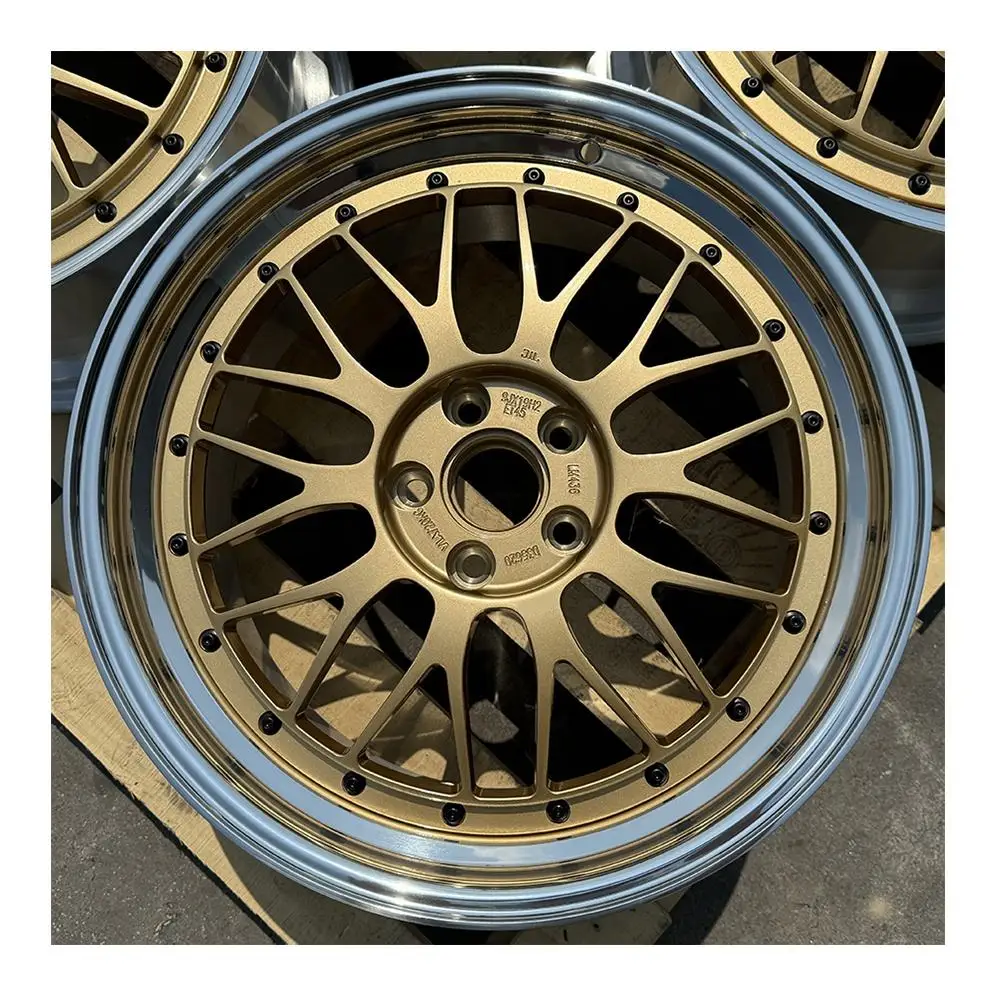
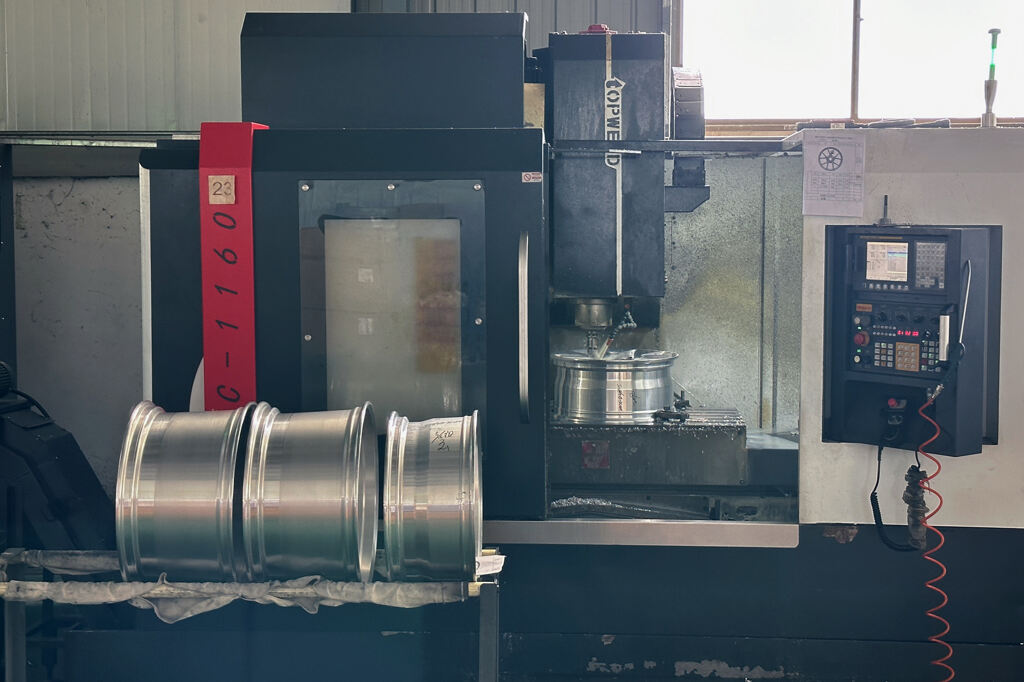
 ONLINE
ONLINE